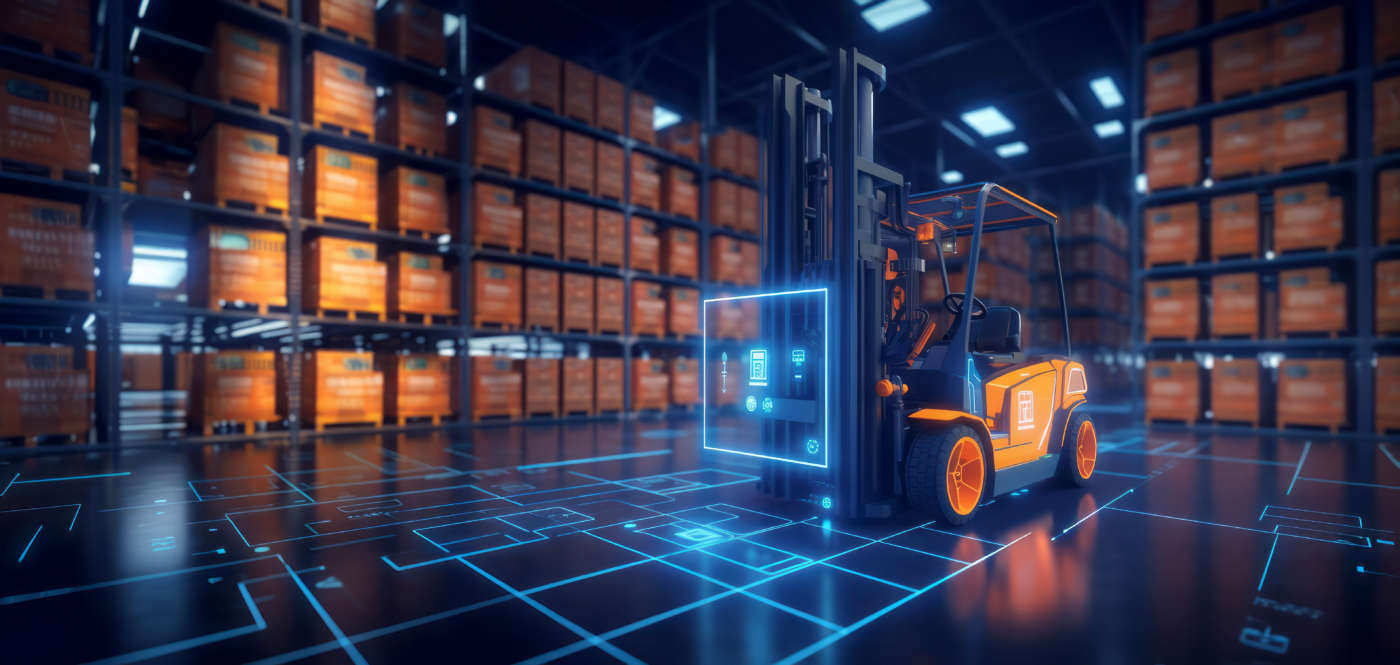The revolution of Artificial Intelligence in Logistics
The growing popularity of intelligent platforms such as ChatGpt, developed by OpenAI, highlights the enormous potential of artificial intelligence (AI) applications in our daily lives and in the world of work. When we talk about logistics, AI is not only proving to be a powerful virtual assistant for interacting with users, but is also enabling smarter and more efficient management of logistics processes.
The Myths and Realities of AI in the World of Work
AI is often at the center of heated debates, especially regarding its potential impact on employment. If it is true that automation could reduce jobs in some areas, it is equally true that it could generate new ones, such as those related to the development of algorithms. Furthermore, AI will free human resources to focus on more strategic and complex tasks.
How AI Adds Value to Logistics
In the logistics industry, artificial intelligence is becoming a catalyst for turning raw data into valuable insights. According to a recent report by Ipsi and Conftrasporto, the evolution towards "Logistics 4.0" is mainly based on data analysis. Gartner predicts that by 2023, AI will be integrated into 50% technology solutions in supply chains, generating $4 trillion in value by 2025 according to the World Economic Forum.
Current Uses of AI in Logistics Management
The applications of AI in the field of logistics are already numerous and growing every day. For example, AI is playing a vital role in managing cargo flows. The ITLM group (Italmondo) uses AI-based systems to predict goods flows, optimize work teams and improve productivity, while reducing costs.
AI in the Warehouse: Revolution or Evolution?
The warehouse is one of the places where AI could have the most significant impact. With the combined use of the Internet of Things (IoT), robotics and RFID, a warehouse could autonomously manage all phases of logistics, from receiving goods to final delivery, minimizing human errors.
Innovation in Packaging and Inventory Management
Not only flow management, but also packaging optimization is another sector that benefits from AI. The use of laser scanners and advanced algorithms allows you to create customized packaging, reducing costs and material waste. This also contributes to more efficient inventory management and an overall improvement in efficiency.
AI and Sustainability: A Perfect Marriage
AI can not only improve efficiency, but it can also contribute to a more sustainable supply chain. Thanks to machine learning algorithms, it is possible to minimize waste of energy and resources, reduce CO2 emissions and promote more sustainable practices along the entire value chain.
Conclusion: AI is more than a fad in logistics
In summary, artificial intelligence is quickly becoming a mainstay in the logistics sector, and industry pioneers are already reaping the benefits of this technological revolution. In an ever-evolving market, staying competitive means making the most of the opportunities offered by AI and other emerging technologies.
The article you just read has been optimized for SEO and uses highly researched key phrases to ensure optimal visibility. Thanks for reading!






Thanks to SendApp, I optimized the time dedicated to marketing.